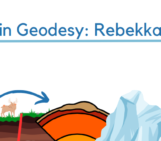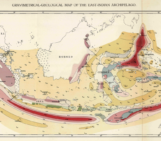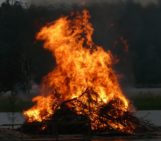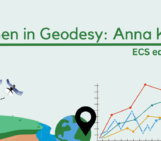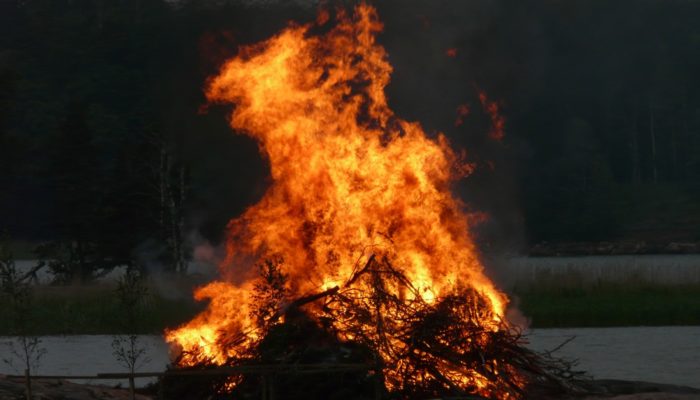
We all welcome you around our second EGU Geodesy Campfire to listen to two exciting talks by Laura Jensen and Susanne Glaser. The new Geodesy EGU Campfire Events “Share Your Research” will give early career researchers the chance to talk about their work. Below you can find detailed descriptions about their talks. We will have time for networking after the presentations.
Please join us on Zoom on October 27th from 5 to 6:30 pm (CEST). Register for this webinar here.
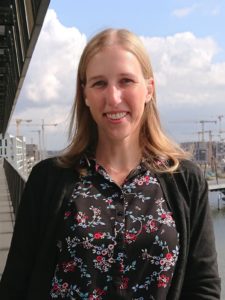 Laura Jensen @ HCU Hamburg (Germany):
Laura Jensen @ HCU Hamburg (Germany):
Satellite gravimetry for climate model evaluation
Global coupled Earth System Models (ESMs) are important tools for understanding the complex interplay between different components of the Earth System and for projecting future climate conditions under different greenhouse gas emission scenarios. Since large model uncertainties still exist in particular for hydro-meteorologic state quantities, it is crucial to evaluate model experiments against independent observations to assess both quality and reliability of the models. Recently, due to an increasing length of the data record, terrestrial water storage (TWS) observations from the Gravity Recovery And Climate Experiment (GRACE) and its Follow-On (GRACE-FO) satellite missions have started to become a feasible observation type to be used in the evaluation land water storage-related variables of ESMs. Challenges in the comparison arise from large inter-model differences, from the still rather short time series of satellite data, and from conceptual discrepancies between modeled and observed TWS.
This presentation will highlight the latest results achieved from our ongoing research on climate model evaluation by means of satellite gravimetry based on the analysis of an ensemble of ESMs taking part in the Coupled Model Intercomparison Project Phase 6 (CMIP6). Challenges and limitations that are currently still involved with this task will be pointed out, as well as mutual benefits of climate modeling and geodesy, also in the view of future plans in space gravimetry aiming at long-term monitoring of climate variations.
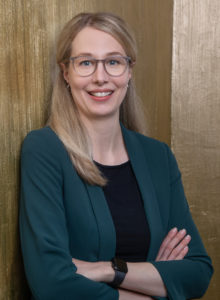 Susanne Glaser @ GFZ Potsdam (Germany):
Susanne Glaser @ GFZ Potsdam (Germany):
Simulation and combination of space geodetic techniques in view of the Global Geodetic Observing System
The Global Geodetic Observing System set requirements to global terrestrial reference frames (TRFs) of 1 mm accuracy and 1 mm long-term stability. Global TRFs are the prerequisite for Earth system monitoring and are usually determined by a combination of different space geodetic techniques to facilitate the individual technique-specific strengths. However, these ambitious goals are not yet met by contemporary TRFs, but this is of paramount concern especially in times of climate change to reliably determine geophysical effects such as the global sea-level rise. This presentation covers simulations of future developments of the techniques and innovative combination strategies to assess the impact on the TRF in view of the GGOS goals.
We are looking for speakers for the next Geodesy EGU Campfire Events “Share Your Research”. Are you interested in giving a talk, then please express your interest by filling out the form: https://forms.gle/tc2vwGehHHb8THrJ7
If you have any questions about the Geodesy EGU Campfire Event, please contact the Geodesy ECS Team via ecs-g@egu.eu.

